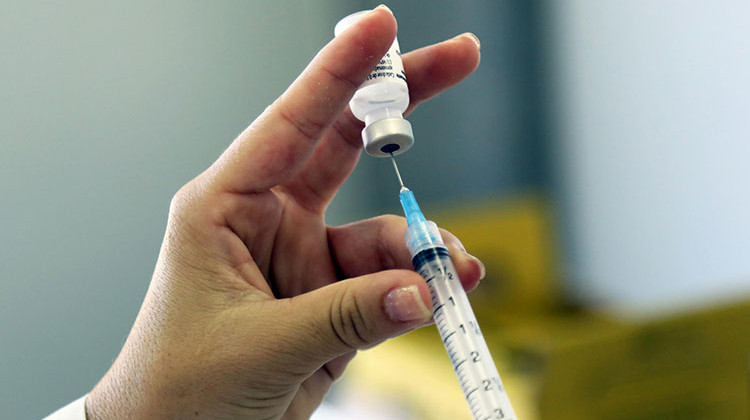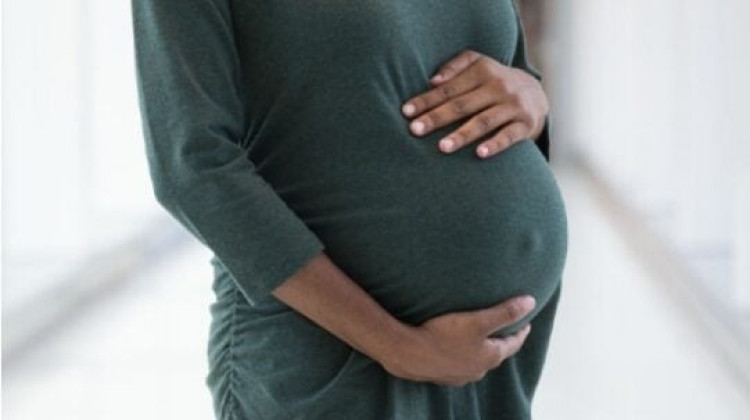A new study shows significantly more parents opt-in to a certain vaccination for their children when shown an educational video during a doctor’s visit.
Human papillomavirus, or HPV, is the most common sexually transmitted infection in the country. Trial results from a new study show the odds of HPV vaccination triple when parents watch an educational video about the virus.
The study was completed by the Regenstrief Institute, Indiana University School of Medicine and the IU Richard M. Fairbanks School of Public Health. Dr. Stephen Downs is a Regenstrief Institute investigator. He says the results are striking.
"It’s big," says Downs. "Interestingly, it’s big despite the fact that we were working through some technical challenges."
Technical challenges like including the screening in a doctor’s visit. Study primary author Dr. Brian Dixon says the right age for vaccination also became apparent.
"That it’s important to vaccinate the kids before they become sexually active, before they acquire the HPV virus," says Dixon.
Indiana has one of the lowest rates of HPV vaccination in the country.
Dixon says the office visit provides the perfect opportunity for the education tool.
"You’re in the exam room waiting for the provider to come in and we know that these days people are on their phones and mobile devices," says Dixon.
Some other studies looking to increase vaccinations haven’t shown such a dramatic increase. The HPV vaccination also protects against certain cancers.
 DONATE
DONATE










 Support WFYI. We can't do it without you.
Support WFYI. We can't do it without you.